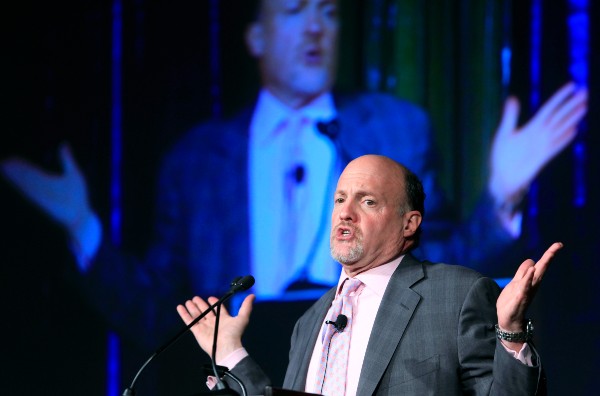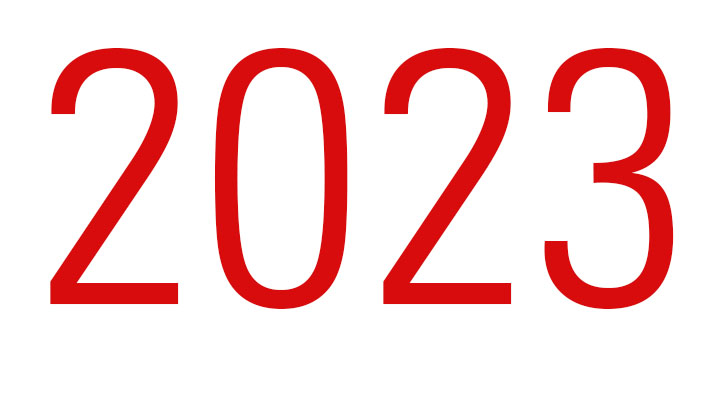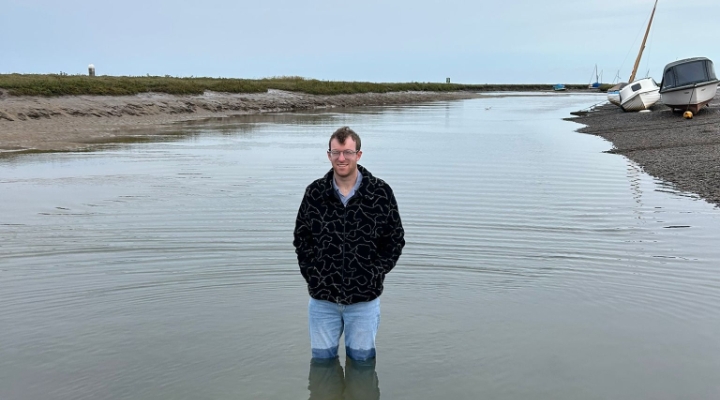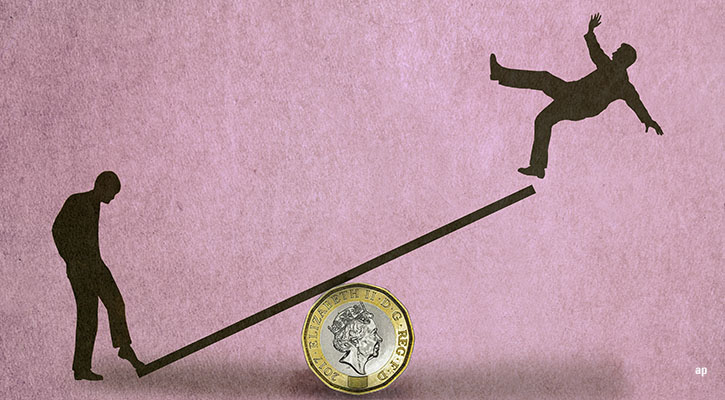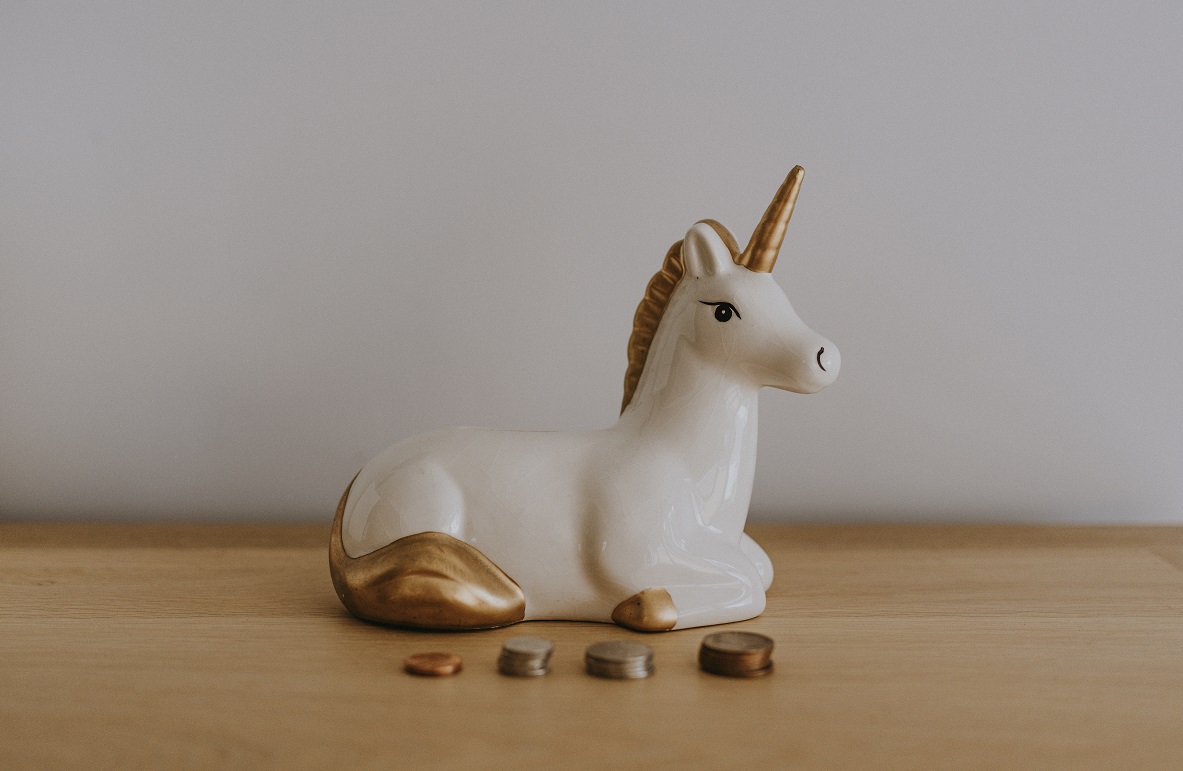A Bet Against Cramer
Few financial TV personalities are as divisive as CNBC's Mad Money host James Cramer, who gained infamy with full-throated stock picks that sometimes made his viewers good money, and sometimes proved comically wrong. Younger audiences probably know him as a de-facto spokesman for smart money, incensed by hordes of stimmy-armed Redditors launching a banzai charge against short sellers. Whether you hate Cramer for bad picks or because he (let's be fair, correctly) spoke out against meme stonks, you may soon be able to bet on his on-screen recommendations proving wrong. Tuttle Capital Management, creators of the fantastically successful anti-Cathie-Wood ETF, have filed preliminary prospectuses with the SEC for short and long Jim Cramer ETFs. Oh yes, there's a long-Cramer version too.
Panic on Paradeplatz
Swiss banks were supposed to be different. All that wealth management clout seemed to separate them from declining European banks and their police raids, survival-by-kitchen-sinking and mass layoffs. Not Credit Suisse-- a string of failures from the departure of its star wealth manager, losses from its relationship with disgraced family office Archegos Capital and written-off loans to failed financier Greensill have weighed on the stock. The bank is on its third CEO since Tidjane Thiam was ousted amid a spying scandal in 2020, leaving investors wondering about its strategy and direction of travel. This came to a head over the weekend, when credit default swaps suddenly priced in a 1-in-20 chance of default, and shares responded with a rollercoaster ride, currently on a lift hill. I spoke to Morningstar's credit and equities experts for European banks to find out how worried you should be.
OPEC Doesn't Care About Your Bills
As the world reels from inflation, principally driven by spiking energy prices, OPEC+, the oil exporters' cartel led by Saudi Arabia and Russia, decided to make everything worse. Cutting production by another 2 million barrels per day is a major snub to Western governments who had been leaning on Gulf nations to hike output and offset lower Russian exports. Crucially, it flies in the face of U.S. President Biden's efforts to lower energy prices ahead of midterm elections in November, and may draw American retaliation. For now though, it ensures elevated prices and bubbling revenue for OPEC+ member states. It's an exercise in Realpolitik best articulated by New Orleans-born poet Lil Wayne: "I do what I do and you do what you can do about it."
Our Full Tanks Won't Last
Europeans breathed a sigh of relief when their gas storage facilities were filled to 80% by early autumn. But it's too early to declare the energy crisis over, because even completely full tanks don't even come close to covering European countries' consumption during winter. Continued pipeline deliveries are necessary to keep up the pressure needed to even tap the gas we do have in storage. If any of that comes as news to you, it's high time to read Senior International Editor Valerio Baselli's second explainer of Europe's energy crisis. It's got an interactive storage level map that's extremely neat, if I do say so myself.
A Bad ETF, at Least to Spaniards
September's worst-performing ETF tracks gilts. So far so logical, after newly-minted Chancellor Kwasi Kwarteng threw a molotov cocktail of expansionary fiscal policy-- just as the Bank of England was trying to put a lid on inflation by reducing money supply. The nation's AA- rated debt fell so quickly that central bank intervention was needed to prevent the collapse of pension funds, which were forced to sell off gilts to satisfy margin calls. In our monthly table of the best and worst-performing ETFs, the Lyxor Core UK Government Inflation-Linked Bond ETF came dead last, with a 28% decline. As our Madrid editor Fernando Luque points out, the ETF's ticker GILI carries a rather rude meaning in Spanish, and could have spared an Iberian investor or two from its nosedive.
It Could Be So Easy
While we were busy decrying Liz Truss's inflation-boosting economic populism, another European leader took a bold step to rein in rising prices: Inflation is now banned in the Republic of Belarus, the poverty-stricken nation's strongman Alexander Lukashenko declared on Thursday. State media explained that any consumer price hike would need to be approved by a minister, with criminal charges in store for those who flaunt the leader's macroeconomic wisdom. We will report back to you once the success of this approach is visible in Belarus's CPI, or on its store shelves.
Caged by the Bird App
After spending months slagging off Twitter for being a bot-infested and politically manipulative mess, the world's richest man has given in. Musk offered to buy the social network at the originally envisaged price of $54.20 per share, valuing it at about $44 billion. This had one immediate benefit for Musk: Twitter's lawsuit against him was halted just in time for the Oct. 17 trial date, sparing the rocketeer billionaire from any further embarassing revelations, such as text messages made public in the court case. There's one big obstacle in the way of the deal: Banks who agreed to provide $13 billion in debt financing-- during simpler times of lower interest rates-- are having second thoughts.
Late Start
Porsche's hotly-anticipated IPO was off to a floundering start last week, as the Frankfurt listing spent days bouncing off the support level of EUR82.50, its initial offer price. The malaise finally ended this week, when the stock, with the admittedly cool ticker 'P911' hit EUR92. That's a 12% gain while peers in the Stoxx Europe Automotive Index rose a meagre 3%. The IPO's timing was daring. As Morningstar analyst Richard Hilgert wrote, risks looming over the auto sector include an upcoming recession, a gas shortage, an escalating war in Eastern Europe and persising chip shortages. But "the sensation of danger is exciting,'' if we are to believe racing legend Ayrton Senna.
Russia Humiliated Again
Ukraine's armed forces are once again making strides into territory occupied by Russia, after their sudden victory in the Kharkiv region sent shivers of panic through the Kremlin and across the faces of Russia's television propagandists. This time it's Kherson, specifically the salient on the West bank of the Dnieper river that Russia had seized in the first days of fighting. With at least 17 settlements cleared of Russian forces this week, Ukraine has pushed its enemy to a second defensive line. The country's defenders are under pressure to exploit Russian weakness before the arrival of as many as 300,000 conscripts on the frontlines.
House Prices Cool
Home ownership, held to be the quintessential raison d'etre for Brits by countless successive governments, is taking a damper amid sharply rising costs of borrowing. Average house prices fell 0.1% in Halifax's September data-- that's before Kwarteng's mini-budget made rapid BOE rate hikes even more likely, and jolted lenders into pulling over 1,000 mortgage products off their websites. With affordability already stretched when first-time buyer rates were well under 2% at the start of the year, observers warn that U.K. housing's decade-long bull run bay be drawing to a close.







